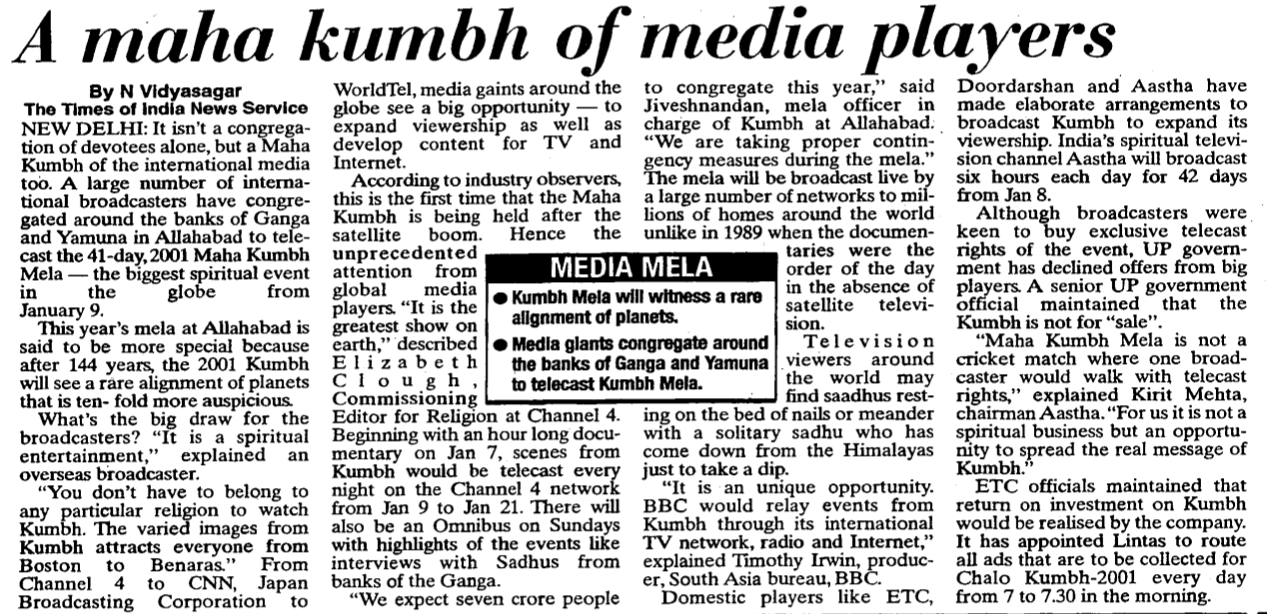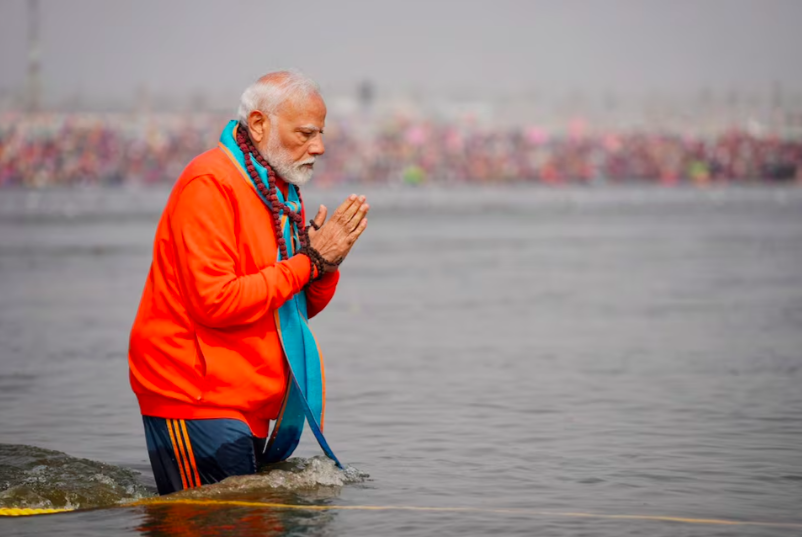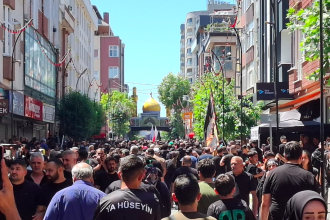When I woke up on the morning of January 29, I saw on social media that a stampede at the Maha Kumbh in Allahabad had left dozens dead and many others injured. The news was heartbreaking. However, conflicting reports soon emerged, with some viral claims suggesting that no such incident had occurred. One video even showed a police officer denying the accident. At that point, the Uttar Pradesh government had yet to release an official statement, though the Prime Minister had already tweeted his condolences to the victims.
Amid all this, I suddenly remembered that a friend of mine was also attending the Maha Kumbh. I had spoken to him just two days earlier. He was once a staunch communist with no interest in religious events, viewing religion as hypocrisy. However, his perspective had since shifted, and he now subscribes to much of the misinformation spread through “WhatsApp University.” Our conversations often turn into debates on topics like love jihad, land jihad, and population jihad.
Worried that he might have been at the Maha Kumbh, I called him immediately. To my relief, he hadn’t gone to Allahabad. What followed was a long conversation in which he surprised me by arguing that the government shouldn’t be blamed for the incident. He claimed that in a crowd of millions, such accidents were insignificant and inevitable.
I asked, “If another party were in power instead of the BJP, would you still feel the same way?”
His response was even more shocking. He said, “Other political parties don’t have that kind of luck. God never gave such sinners the chance to organize a special Maha Kumbh. Nehru was given that chance, but because of him, there was a stampede, and thousands died. Honestly, this is the first time the BJP is getting this opportunity…”
This was completely new to me. I immediately asked, “How is that?”
He replied, “This Maha Kumbh has come after 144 years.”
I was left speechless. It made me realize that without accurate knowledge of religious matters, there’s little point in debating them.
This conversation sparked my curiosity about the Maha Kumbh. Until now, I had only known that the Maha Kumbh is held every 12 years. So, where did this claim of 144 years come from? Was this Maha Kumbh really taking place after such a long gap? If that were true, how did a Maha Kumbh happen during Nehru’s era in 1954? Surely, that one wouldn’t have held the same significance. According to him, the real importance lies in this Maha Kumbh—the first of its kind to come under the BJP’s rule since 1881.

His words kept echoing in my mind. Today, as I delved into history to research further, I discovered that the Maha Kumbh of 2001 was also considered special because it occurred after a full 144 years. This raised an even bigger question: If the Maha Kumbh in 2001 took place after 144 years, why is the 2025 Maha Kumbh being described the same way?
For context, it’s worth noting that in 2001, Uttar Pradesh also had a BJP government, with Rajnath Singh as Chief Minister and Atal Bihari Vajpayee leading the government at the Center.
As for 1954, the tragic incident during that Maha Kumbh was openly discussed in Parliament. Nehru himself participated in the debate, acknowledging it as a national disaster. An inquiry committee was formed. The correct figures were disclosed to the public, unlike this time, when the numbers seem to have been concealed.
On February 22, 1954, in the presence of President Rajendra Prasad, Purushottamdas Tandon—a freedom fighter from Allahabad often called the “Gandhi of Uttar Pradesh”—began his speech in the House by criticizing the superstition that linked bathing in the Ganges to salvation. In response, Nehru urged him to also “combat economic and political superstitions” and to do so by fostering a scientific mindset and environment.
Nehru said, “I was born and raised on the banks of the Ganges in Allahabad. I loved bathing in the Ganges, but I always made sure to avoid bathing on sacred occasions. I went to the Kumbh Mela to meet the people of India who had gathered there.”
At that time, in addition to Nehru, President Rajendra Prasad had also attended the Kumbh Mela. Opposing this, Acharya Kripalani (who was in the opposition at the time) remarked, “We had never considered that a dip in the Ganga on a particular day destroyed all our sins. I say without fear of contradiction that many of us have no such belief. We went there, consciously or unconsciously, to make political capital out of this Maha Kumbh. We made the Kumbh Mela fashionable.”
Now, imagine if Acharya Kripalani was alive today—what would he say about Modi ji taking a ‘holy dip’?









